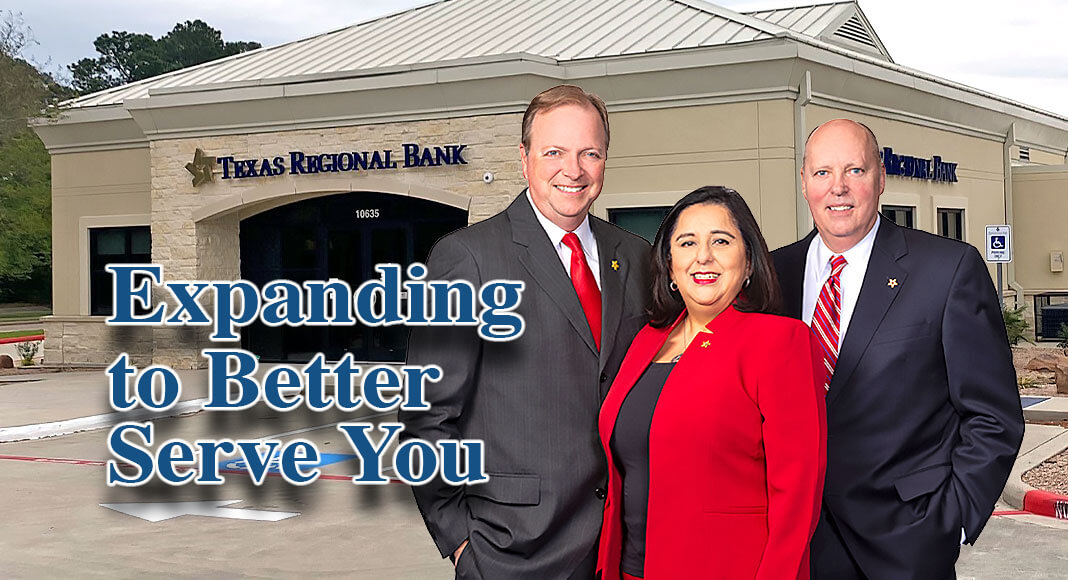20 Recommended Suggestions For Deciding On Business Investment Management Planning
20 Recommended Suggestions For Deciding On Business Investment Management Planning
Blog Article
Ten Tips For Estate Planning With Trust Settlement Agreements
Here are 10 specific guidelines on trust settlements that relate to estate planning agreements designed to help family members, individuals and professionals successfully get through the process. Each suggestion is accompanied by an explanation of the important pros and cons that will aid you in evaluating possible outcomes and methods.
1. Know the Trust Document in detail
TIP: Read and understand the trust's terms including designations of successor trustees distribution instructions, and specific terms and conditions.
Cons: Prevents legal disputes and confusions.
Cons: Legal language may be complicated and may require a lawyer to translate.
2. Choose a competent successor trustee
Select a trustee that is honest, reliable and will act upon the death or incapacity of the trustee.
Pros: Assures proper trust management.
Cons: Poor choice can cause delays, disputes, or fiduciary breaches.
3. All Trust Assets to be Inventoried
Tip: Make a comprehensive list of trust assets, including real estates, bank accounts and investments.
Cons: Does not ensure accurate tax and distribution reporting.
Cons Pros: Complexity and time-consuming If your records aren't crystal clear.
4. How do I obtain certified death Certificates
Tip: They are required in order to begin the trust settlement process, to transfer title to assets, and notify financial institutions.
Pros : Crucial for legal, administrative and various other jobs.
Cons: Processing times and costs differ by region.
5. Notify all beneficiaries and the heirs
Tip: Legally notify all the parties concerned of the trust's existence, its terms, and the intent to settle.
Benefits: Prevents disputes in the future and increases openness.
Cons: Can cause emotional or financial tension within families.
6. Consult a Estate Planning Attorney
A legal professional to understand the legal language and make sure that proper procedures are in place is a great idea.
Minimizes mistakes and legal exposure.
Cons: Can lead to cost increases, especially when estates are complicated.
7. Work with a CPA or Tax Advisor
Tip The settlement of trusts could have tax implications. A tax professional can ensure that the trust is in compliance.
Pros Lowers IRS problems, tax liabilities and risks.
Cons: Additional charges for financial advice.
8. Transferring Titles and Deeds correctly
Tip : Update all records of ownership for vehicles, real estate and bank accounts, incorporating the names of the beneficiary.
Benefits: Prevents delays in the legal process and issues.
Pros: Certain transfers might require court approval.
9. Handle Debts and Liabilities First
Tip. Make sure you settle all outstanding taxes, debts, and expenses prior to the distribution of assets.
Pros: Ensuring conformity with law and ensures the satisfaction of creditors.
Cons: Reduces distribution assets.
10. Request a Tax Identification Number (TIN) for the Trust. Trust
Tip: Upon the demise of trusts, they become an entity with its own legal status which requires its own tax identification number (TIN) to file taxes.
Cons: Does not allow for any errors in tax filing.
Cons: It requires coordination with IRS and possibly a CPA. Check out the top settlement trust for site examples including united bank and trust, united banking, local banks, us bank open near me, trustco bank near me, us bank business customer service, bank of the west login, biggest investment banks, best banks for investment banking, best banks to use and more.
Winter Haven, Florida: Tips For Business Banking
Here are 20 expert tips for business banking in Winter Haven, Florida. Each tip includes a detailed description, pros and cons, and is specifically tailored to local economic conditions.
1. Select banks with local Knowledge
Select a Winter Haven-based institution such as CenterState Bank or MidFlorida Credit Union.
Local knowledge, personal service.
Cons: May lack the reach of a national audience or technologically advanced features.
2. Compare credit unions with traditional banks Traditional Banks
Credit unions, for instance MidFlorida CU (or Publix Employees FCU) have lower charges.
Costs are low and the focus is on community.
Cons: Limited business products and limited branches.
3. Be aware of the amount you spend
A tip: Most business checking accounts have a limit of 100-300 transactions free per month.
Benefits: Ideal for businesses that have low volumes of transactions.
Cons: If you over the limit, you will be charged additional charges ($0.25 for each transaction).
4. Do not pay monthly maintenance fees
Tips: Monthly fees vary from $10-$30 but can often be waived if there is a balance or other criteria for the account.
Pros: It's not a problem if you manage your cash well.
Cons: May be hard for low-flow or seasonal businesses to reach the requirements.
5. Prioritize Mobile and Digital Features over Digital
Look for features including mobile alerts (such as SMS), ACH transfers, remote deposit, and online bill payment.
It saves you time as well as increases the visibility of your cash flow.
Cons: Smaller banks may lag in digital banking innovation.
6. Create a Money Market or Business Savings Account
The accounts let you earn interest while having access to your funds.
Benefits: Encourages intelligent cash handling.
Cons: Minimum transaction balances monthly; a few transactions.
7. SBA Preferred Lenders
Banks such as Wells Fargo SouthState Bank Suncoast Credit Union and Suncoast Credit Union work actively in conjunction with SBA loans throughout the region.
Flexible eligibility conditions.
Cons: Application and documentation process is longer.
8. Bundle Business Services
You can save money by choosing one that provides bundled services (such as checking, credit card and merchant services).
Pros: Simplifies financial management.
Cons: Bundling can come with hidden fees or higher prices.
9. What business credit cards are available? You get?
Business cards provide rewards, cashback and help to distinguish between personal and corporate expenses.
Benefits Rewards: Builds business credit.
Cons: Might need a personal guarantee and carry high APRs if not completely paid for.
10. It is important to know the cash deposit limits
Certain banks charge fees the cash deposit of $5,000 to $10,000 per month.
Cons: Can't help you forecast your banking costs If you're cash-dependent.
Cons: Additional fees are imposed to companies that deal in cash. Have a look at the recommended trust administration Winter Haven FL for blog tips including account near me, people's bank customer service, bank trust online, us bank national, top 10 best banks in florida, trust company, banking insurance, new haven bank, national banks in usa, banks type and more.